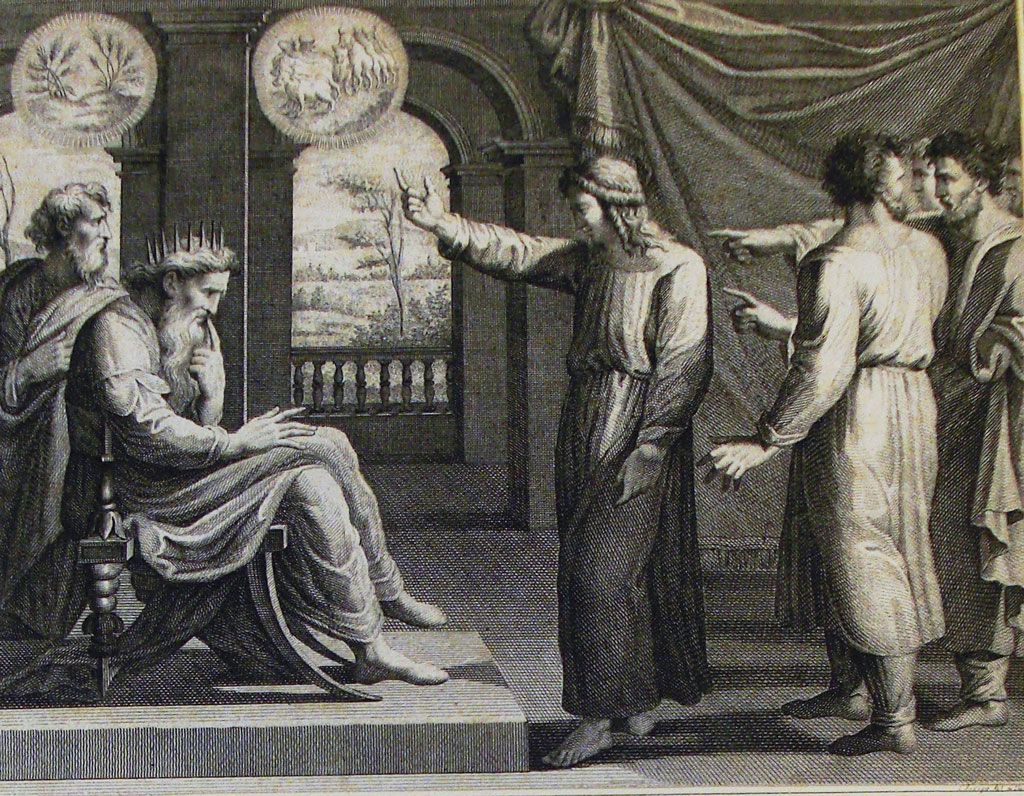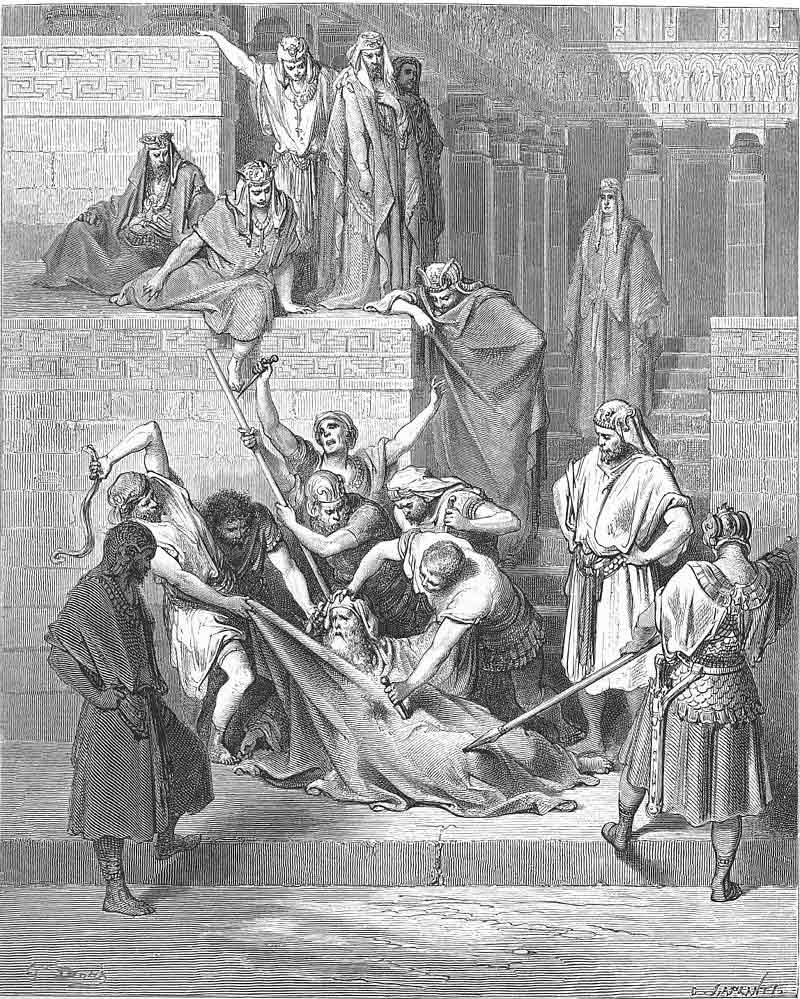
Theodore Herzl passionately set about the mission of propagating Zionism. Having established the ‘Zionist Organization’, he went on in August 1897, to organize the ‘First Zionist Congress’ at Basel in Switzerland. More than two hundred invitees from various countries attended the Congress apart from representatives of some of the leading news agencies of the world.

The First Congress adopted the resolution that a Jewish nation, which the Jews could rightfully call their home, be established in the land of Palestine. Among the issues that the Congress discussed were: helping the Jewish farmers, artisans and traders to settle down in Palestine; the unity among the Jews; the relationship of the Jews with the historic land of Palestine and with Jerusalem; the return of the Jews from all the nations to Jerusalem, and the integration into the mainstream, of the Jews hailing from various backgrounds by encouraging them to respect one another and thus to regard themselves as Jews and solely ‘Jews’; making the new nation a great, Jewish, Zionist, democratic nation striving for world peace; according to Hebrew, the status of the national language; imparting in Hebrew, Jewish and Zionist values to the subsequent generations with a view to ensuring a secure future for those returning to Israel and also preserving their uniqueness; making Israel the epitome of ‘Practicable Zionism’.
The efforts of the Jews to return to Jerusalem, hitherto scattered and not quite organized, now became appropriately oriented and defined. The Jews had until then been persuaded to return to Jerusalem on grounds of its religious importance. However, Jerusalem now assumed social and political significance as well.
In due course, scholars broadly classified Zionism into two types – ‘Religious Zionism’ and ‘Political Zionism’. That every Jew ardently adhere to the Jewish religious principles throughout his life, was what ‘Religious Zionism’ meant while the establishment in the land of Palestine, of an independent Semitic nation with a Jew majority and drawing the Jews across the world to settle in the land, was what constituted the thought behind ‘Political Zionism’.
Following the First Zionist Congress, Herzl wrote in his diary: “As of this moment, I have founded a Jewish State. I do not, of course, intend to proclaim so openly for if I were to do so, I would end up an object of mockery in the world. However, in the coming fifty years if not five, the world will have undoubtedly accepted and upheld the veracity of my words.”

A few non-Jews who could prove helpful towards the aims and objectives of Zionism were among the invitees to the First Congress. Herzl received much criticism for having invited non-Jews to the Congress, but he had gauged right! These people, whom Herzl had so wisely invited, did indeed prove to be of great help in taking the Zionist movement forward.
Of these, a special mention may be made of Reverend William Hechler, a priest, who, impressed by Herzl’s thoughts, became his friend and even went on to make a significant contribution to the Zionist movement. It was thanks to Hechler that about a year after the First Congress, Herzl got the opportunity to meet with the German Emperor, Wilhelm Kaiser II, and present before him, the concept of Zionism. However, since the Kaiser had no interest whatsoever in Herzl’s Zionism or even in the problems of the Jewish people the meet did not yield the kind of advantage Herzl would have liked it to bring him. However, the event became a hot topic with the media and thus Herzl’s Zionism attracted attention the world over.
Consequent to these events, Herzl was invited to England in the year 1903 AD, to testify on the subject before a study committee (the ‘British Royal Commission’). Herzl presented the concept of Zionism before the Commission and made friends with many high-ranking officials of the British government. Agreeing in-principle to Herzl’s concept, with modifications though, the British government offered to give as a homeland to the Jewish people, a portion of Uganda, then a British colony in East Africa. Though a British colony, it was proposed that this region would have an autonomous Jewish government.

Herzl was in favour of accepting the British proposal as an interim arrangement so that the European Jews facing severe ethnic discrimination at the time could be settled in Uganda. However, in 1904 AD, Herzl died of cardiac arrest and resolved to settle for nothing less than an independent and sovereign Jewish state of ‘Israel’, in 1906 the Sixth Zionist Congress rejected the offer of the British.
Though Herzl could not be witness to the creation of Israel, his name remains etched in the Israeli history as the journey towards Israel’s creation was based on the very foundation Herzl had laid. The ‘Declaration of the Establishment of the State of Israel’ accords Theodore Herzl a place of honour and officially recognizes him as the ‘Spiritual Father of the Jewish State’.
When Herzl departed from this world his mission was still incomplete. But the sapling that he had planted grew, and very rapidly at that. The concept of ‘Zionism’ was fast gaining ground not only among the Jewish community but also among the international community where it was evidently receiving increasing acceptance.

In the meanwhile, many of the events that occurred, happened to prove conducive to the concept of the Jewish state. The Ottoman Empire, of which Palestine was then a part, too was witnessing a period of decline. More importantly, the winds of democracy had started to blow in the Ottoman Empire and were threatening to defeat the monarchy of the Sultan. The rebellion by the young Turks against the Ottoman Sultan – the ‘Young Turks Revolution’, was eroding the ruling monarchy. So, it was but natural that the British among other powers should have an eye on the region.
…And the ‘First World War’ broke out in 1914! (To be continued…)












